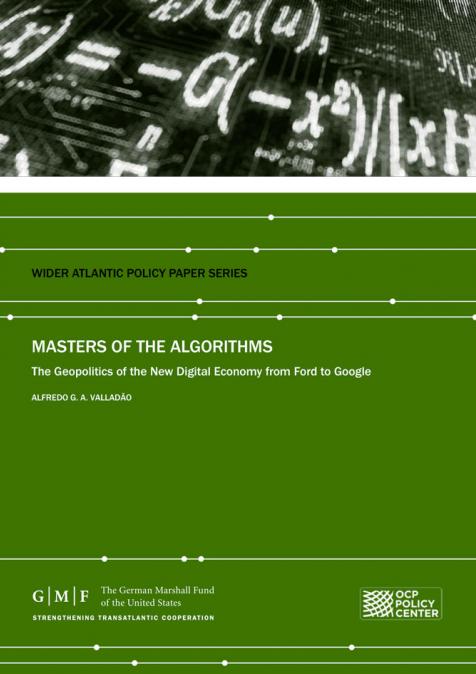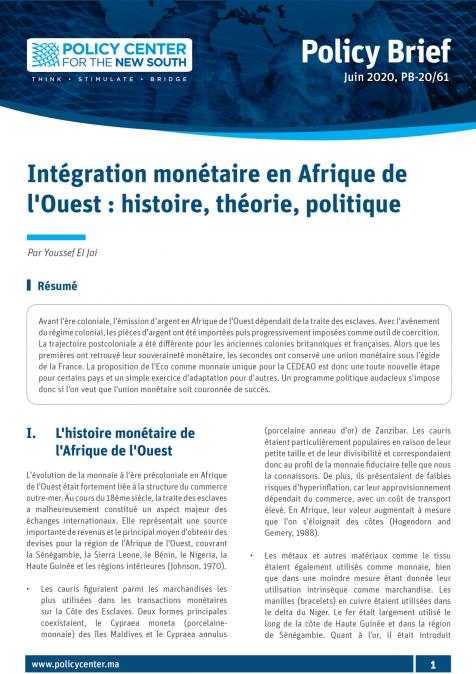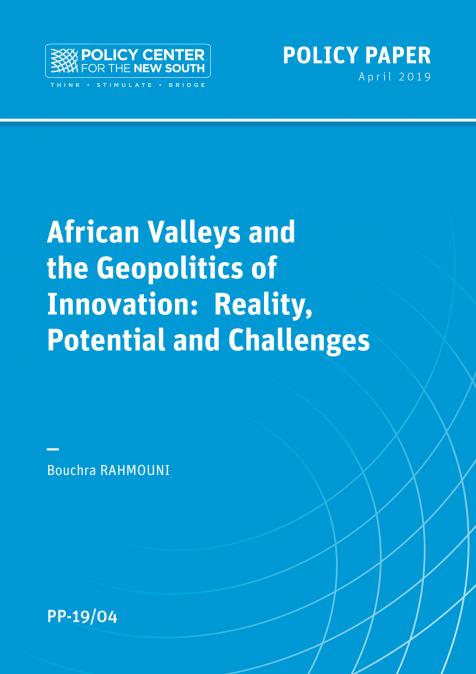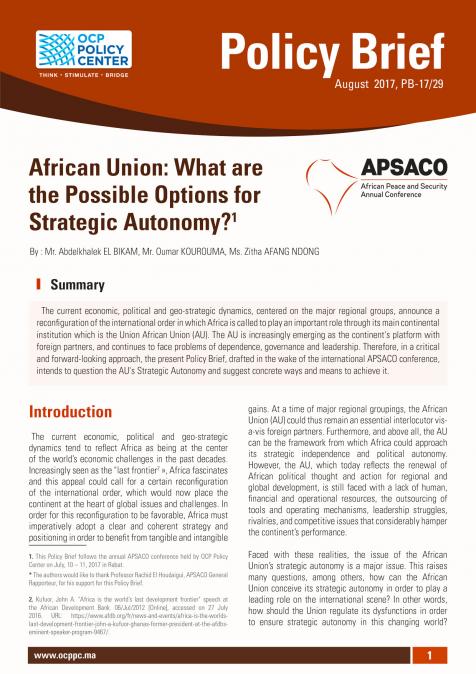Publications /
Policy Paper
The financial and economic crisis that unfolded across the globe after the 2008 sub-prime meltdown was not just another cyclical bump in the conquering advance of modern capitalism. It was — and still is — a symptom of the exhausted 20th-century way of envisioning the best path to economic growth, consumer satisfaction, and efficient production of goods. Environmental limits to our race to prosperity are just part of the story. The other, and crucial, part is the ongoing technological revolution and its impact on manufacturing processes, the organization of production value chains, and on consumption itself. The analogic mechanical conveyor-belt, so prevalent during the last century, is rapidly being superseded by a new digital computational conveyor-belt. The consequences will be huge for the world’s geographic distribution of economic activity as well as for the authority and perquisites of nation-states and governments.
Every historical social metamorphosis has its winners and losers. The new digital industrial economy will entail a new distribution of wealth and power around the world. Certainly, the old reality will not simply disappear. It will coexist with the new one but will be progressively subordinated to new logic and interests. It is amazing how in the course of a few years the likes of Google, Apple, Facebook, Amazon, and even the “old” telecom industry have overtaken the last century’s giant corporations. Moreover, new players continue to pop up and threaten the recently established positions of these first giants of the Internet. Disruptions will indeed be pervasive. The new technological dynamics are already leading to profound changes regarding the beneficiaries of corporate, social, political, and geographical value-added. The million-dollar question is: who will pocket the bulk of the benefits of this new era?






